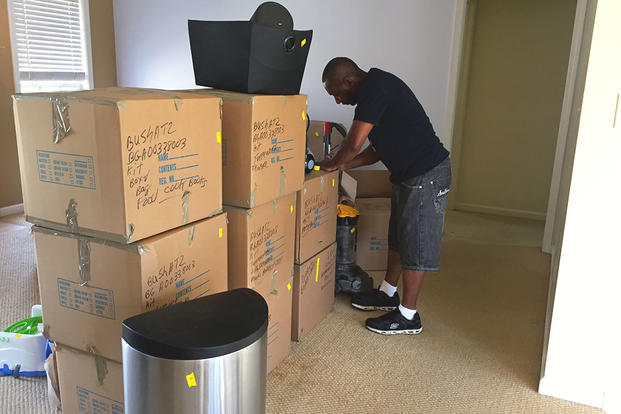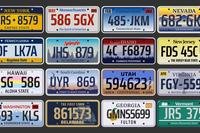Moving to a new home isn't easy, requiring a lot of planning, packing and patience.
On top of that, as all of your personal information is transported from one place to another, you're particularly vulnerable to identity theft. Some identity thieves target those on the move, so it's a particularly important time to keep your guard up and protect your personal data.
Anyone from movers to home buyers and contractors can take advantage of your possessions. Here are some helpful steps to take before, during and after your move.
1. Submit a Change of Address Form.
Set up a change of address with the U.S. Postal Service before you move. About seven to 10 business days after you submit the form, your mail will start being delivered to your new apartment or house.
You can take this a step further by notifying all of your financial institutions, utility companies, insurance companies, schools and so on about your change of address.
2. Find a Credible Moving Company.
Do your due diligence to be sure the moving company you hire is legitimate and trustworthy. When possible, seek referrals from family or friends.
You can also check a moving company's rating with the Better Business Bureau. You should look for a company that is registered with the Federal Motor Carrier Safety Administration (FMCSA) and that has a U.S. Department of Transportation number. You can ask the company to provide this information.
3. Secure Your Electronic Devices.
Be sure you shut down and store your desktops and laptops even before the movers arrive. You should also consider transporting these valuable possessions yourself. They are susceptible to damage from improper handling, and they also store a treasure trove of personal data that should remain in your possession.
4. Transport Personal Documents On Your Own.
There are other items you'll want to consider moving yourself: any sensitive documents like birth certificates, Social Security cards, wills, insurance policies, financial documents and so on are better left in your line of sight during a move.
Basically, anything that's very difficult to replace or can easily tip off someone to committing identity theft should stay in your hands.
5. Shred Documents You No Longer Need.
Moving is a time to re-evaluate all of your files and toss the ones that are no longer needed. When doing so, be sure you shred all documents containing sensitive information. You never know who could be eyeing your trash can as your moving van drives away.
6. Be Present During the Move.
Movers can help you with the heavy lifting, but remain present and supervise during the process. There is so much that's being transported that it's easy for a few things to go missing without you realizing it -- until it's too late.
7. Check Your Credit Reports For Months After Your Move.
Just because your move is completed doesn't mean your risk for identity theft has decreased. Keep in mind that there may still be mail being sent to your old address, and identity thieves might still be able to use your old address to open new accounts.
Continue to monitor your credit score for months following your move and be sure to report any suspicious activity as soon as possible.
By keeping these tips in mind when moving, you'll decrease the chances of having your identity compromised in the process. Rather than scrambling to track fraudulent activity, you'll be able to relish in the relaxation and feelings of accomplishment that are much deserved after a big move.
-- Renee Morad is a New Jersey-based freelance writer. Her work has been published in The New York Times, Smart Money Magazine, TheStreet.com, The National, Business Insider, The Huffington Post, MSN Money, Xfinity.com and other outlets. She was formerly a home page editor for Xfinity.com and a staff reporter for Smart Money Magazine.
-- LifeLock provides proactive identity theft protection services for consumers and identity risk and credit worthiness assessment for enterprises. Since its founding in 2005, LifeLock has been a pioneer in identity protection, leveraging unique data, science and patented technology and providing identity threat detection, proactive identity alerts, and comprehensive remediation services. For more information, visit Lifelock.
Keep Up-to-Date for Your Next PCS
Get the inside information from those who know. Get PCS help and all the news and benefits information you need delivered straight to your inbox. Subscribe to Military.com now..













